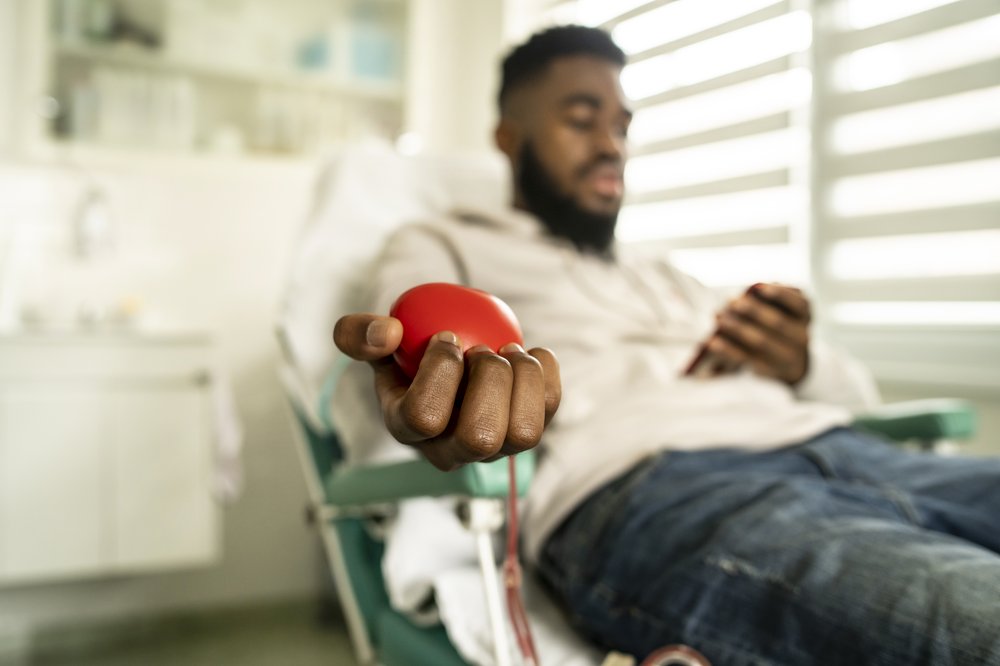NY area hospitals desperately need more type O blood, center says
July 15, 2025, 1:12 p.m.
The New York Blood Center says it's only got a one- to two-day supply on hand.

The nonprofit New York Blood Center in June declared an emergency blood shortage that lasted three weeks. But officials with the center say they’re finding themselves in the unusual and troubling position of facing a blood shortage quickly after that emergency ended — with a particularly urgent need for O-negative and O-positive blood.
Representatives for the organization, which supplies blood to more than 150 hospitals in New York, New Jersey and Connecticut, said they only have a one- to two-day supply of those types of blood. The center typically aims to have seven to 10 days’ worth on hand.
“To put our current situation in perspective, our data projects that we will require an additional 6,000 units of blood in August to adequately supply our hospitals and health care partners,” spokesperson Jeanne D’Agostino said. “This translates into the need for 120 more blood drives in our region.
Summers are always difficult for blood donation, largely because loyal donors who give the rest of the year are out of town, according to the center.
“People are on vacation, people are doing fun things with their families and schools, colleges and universities that run blood drives are not in session,” D’Agostino said.
She said the usual uptick in summer crime paired with the fact that more people are simply outside means more opportunities for people to get hurt, including in accidents.
More than 56,000 trauma incidents are reported each year in New York state, and many of them occur during the summer, according to the center. Nearly one-quarter of trauma patients need blood transfusions.
”When emergency medical technicians present to an emergency, they don't really have time to test the individual's blood type,” D’Agostino said.
That's where having O-negative blood — the universal donor type — on hand is crucial.
Eligibility for different populations has become more inclusive in recent years. The FDA in 2023 issued guidelines undoing the blanket restrictions that previously forbid sexually active gay men from donating blood. Collection centers, like the New York Blood Center, often have more inclusive policies for other people who were previously excluded, such as those with piercings and tattoos or who receive acupuncture.
Still, D’Agostino said, there’s a long way to go to get people from all walks of life through the doors, especially when it feels too hot to leave the house. She said the center hopes to reach more young people as well.
Measles cases reach 33-year high nationwide as NYC urges vaccination Medicaid cuts will pummel NY jobs and health care. The Bronx could take the biggest hit.